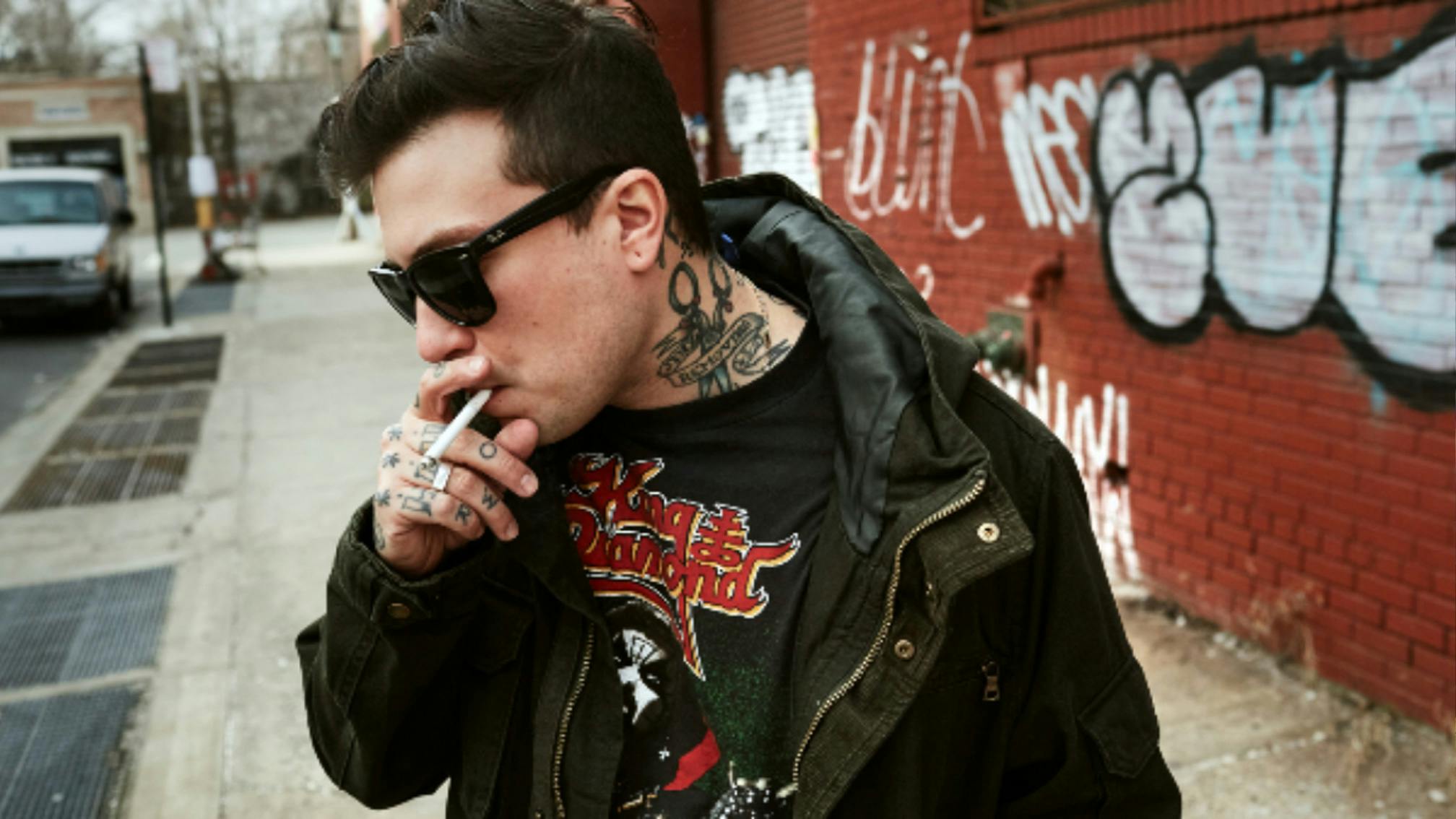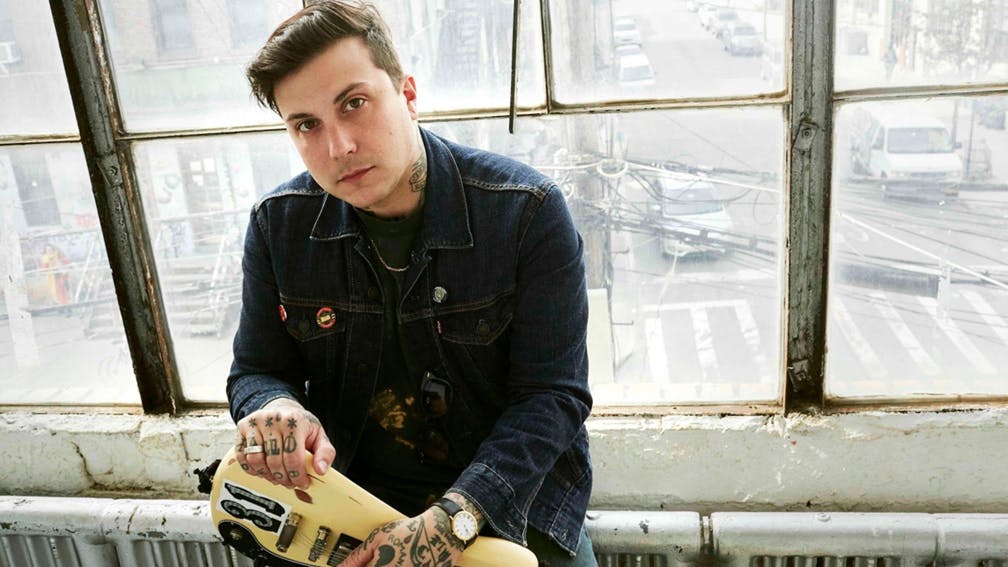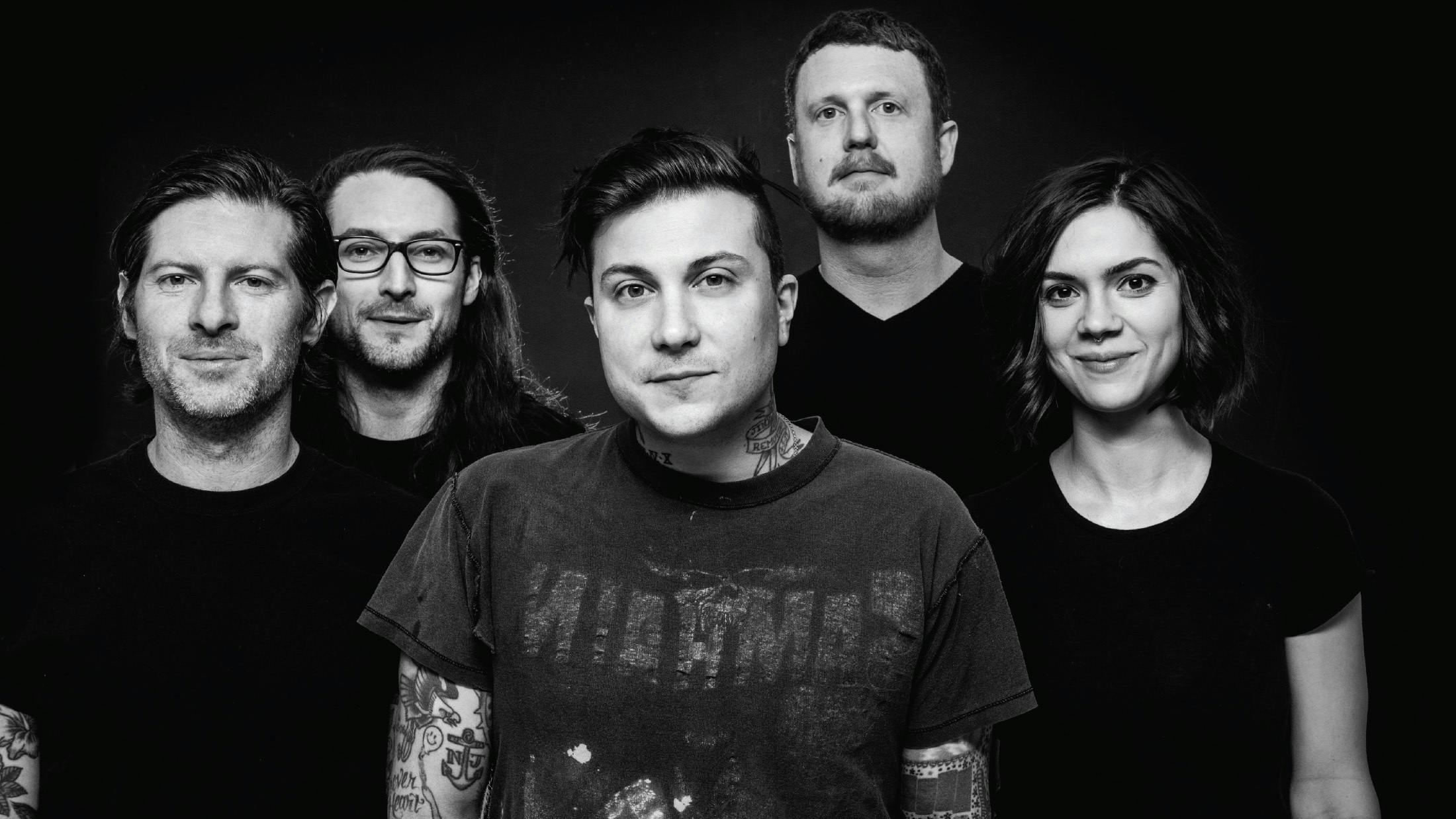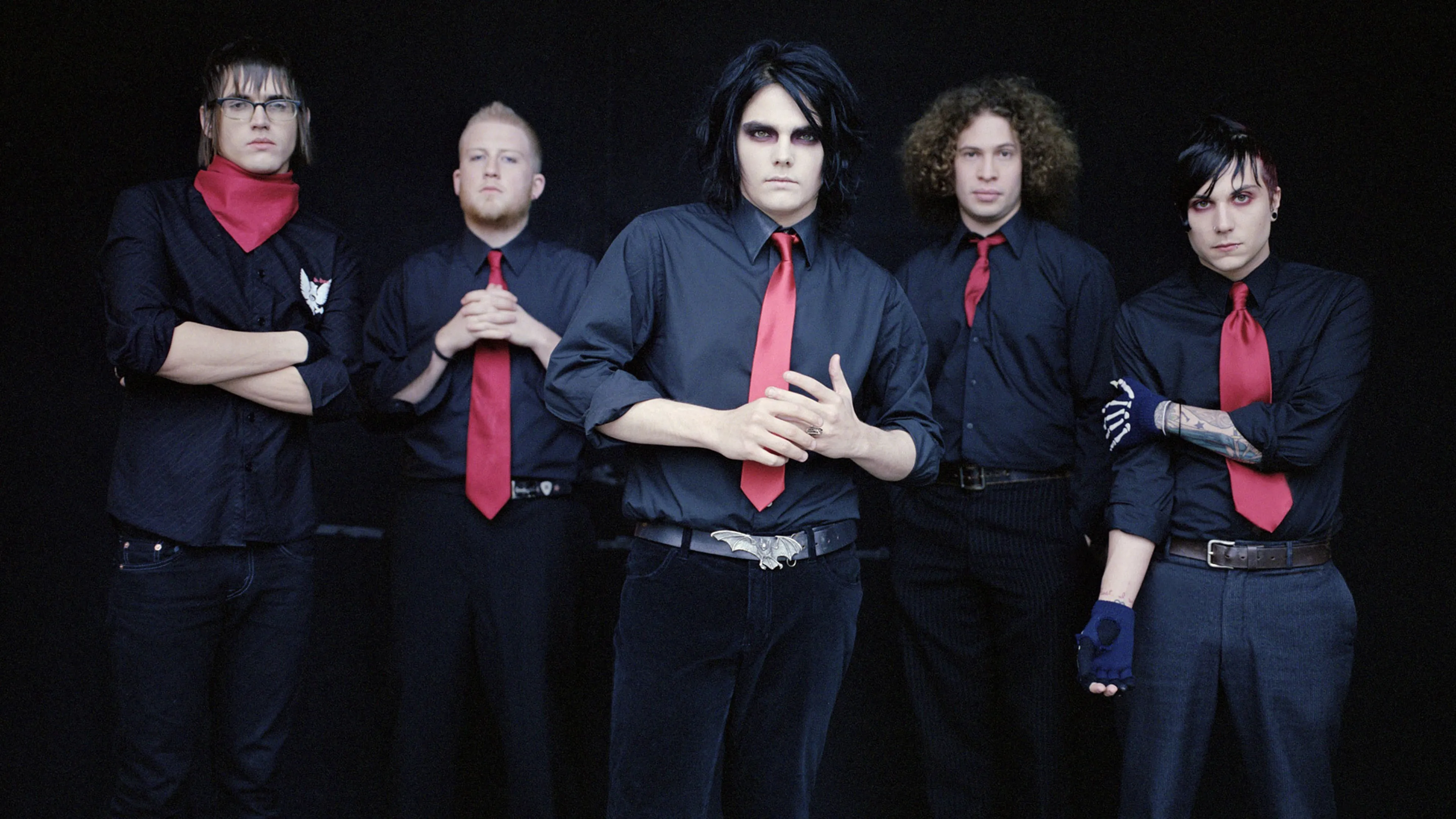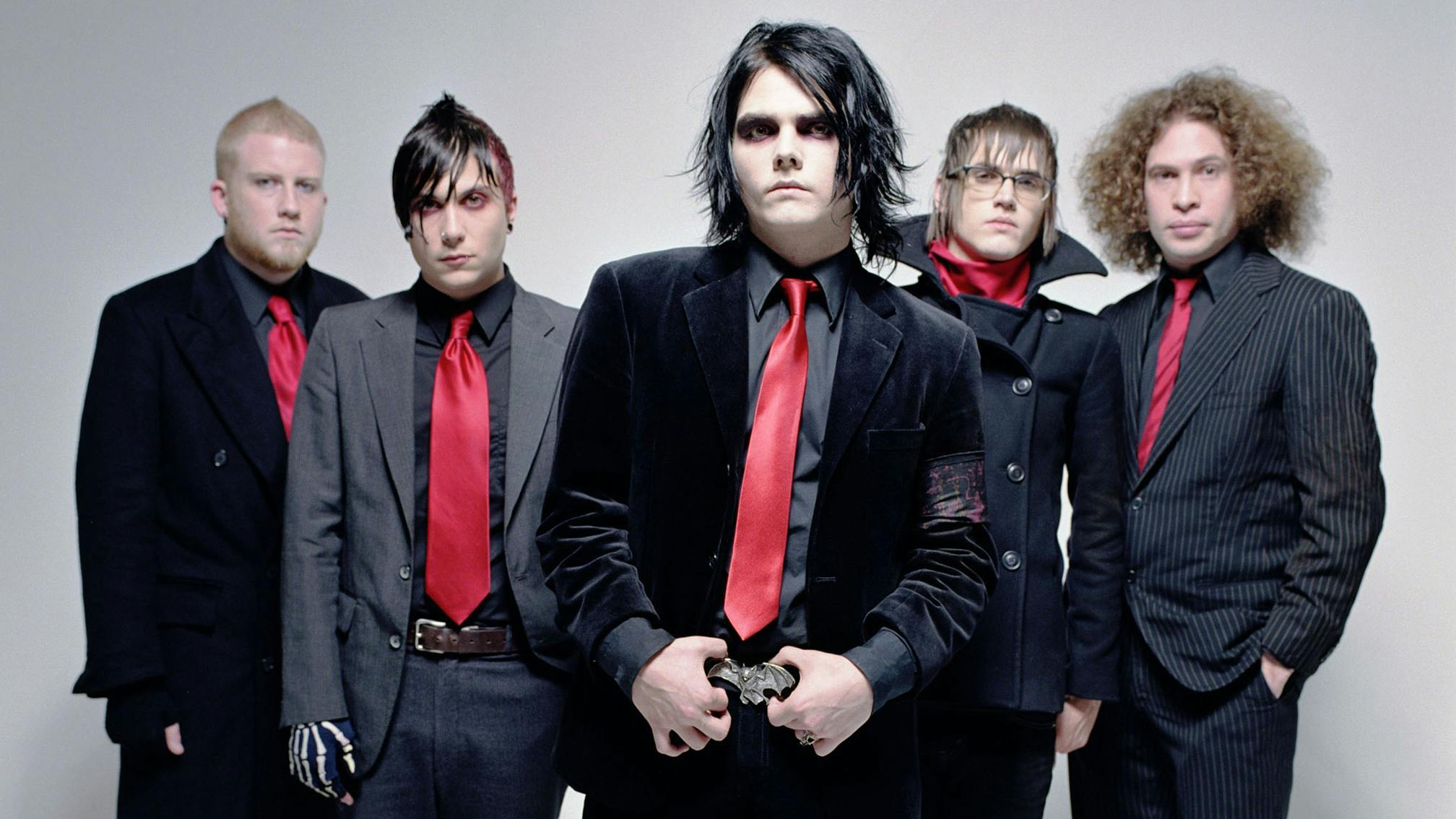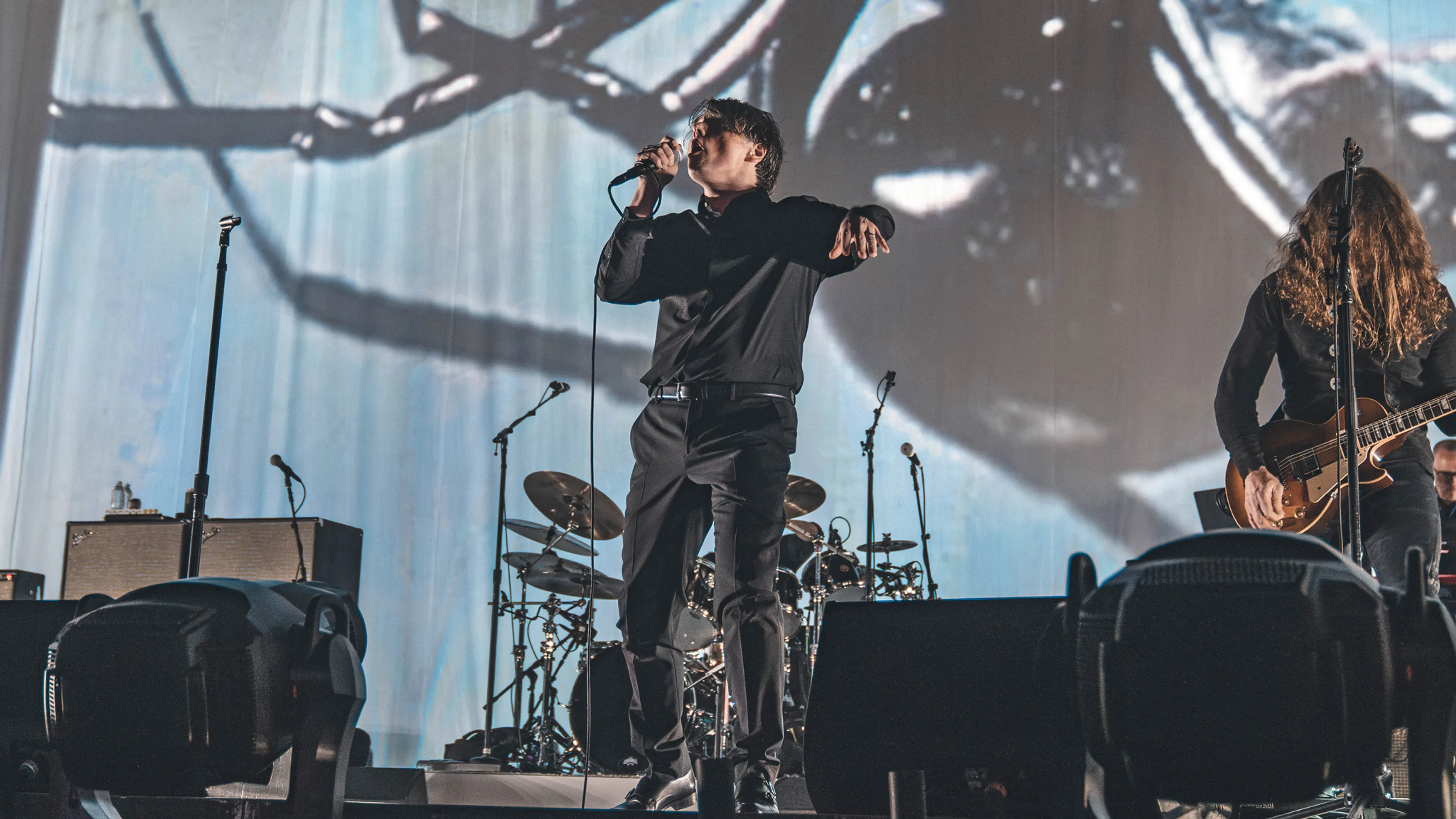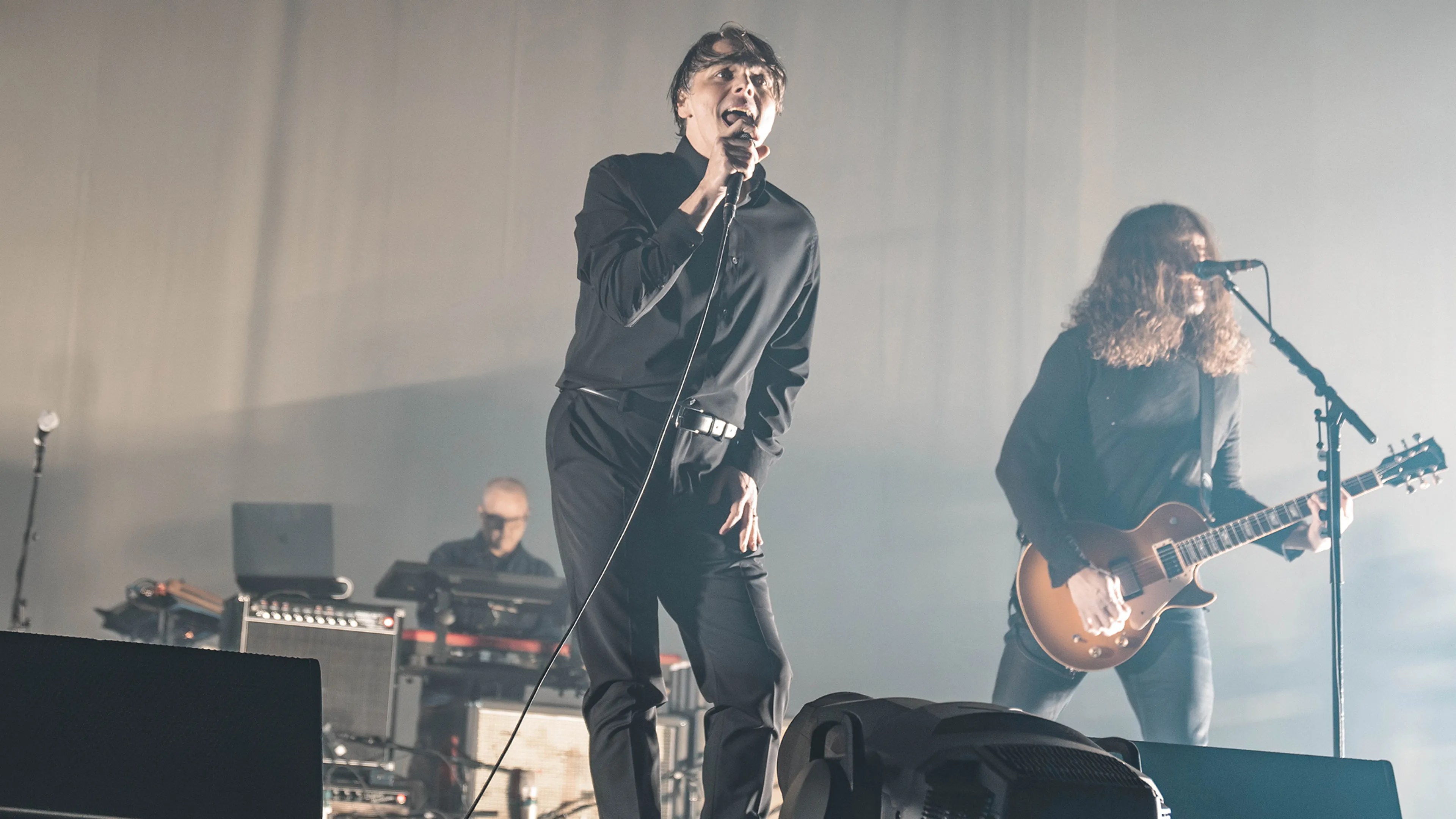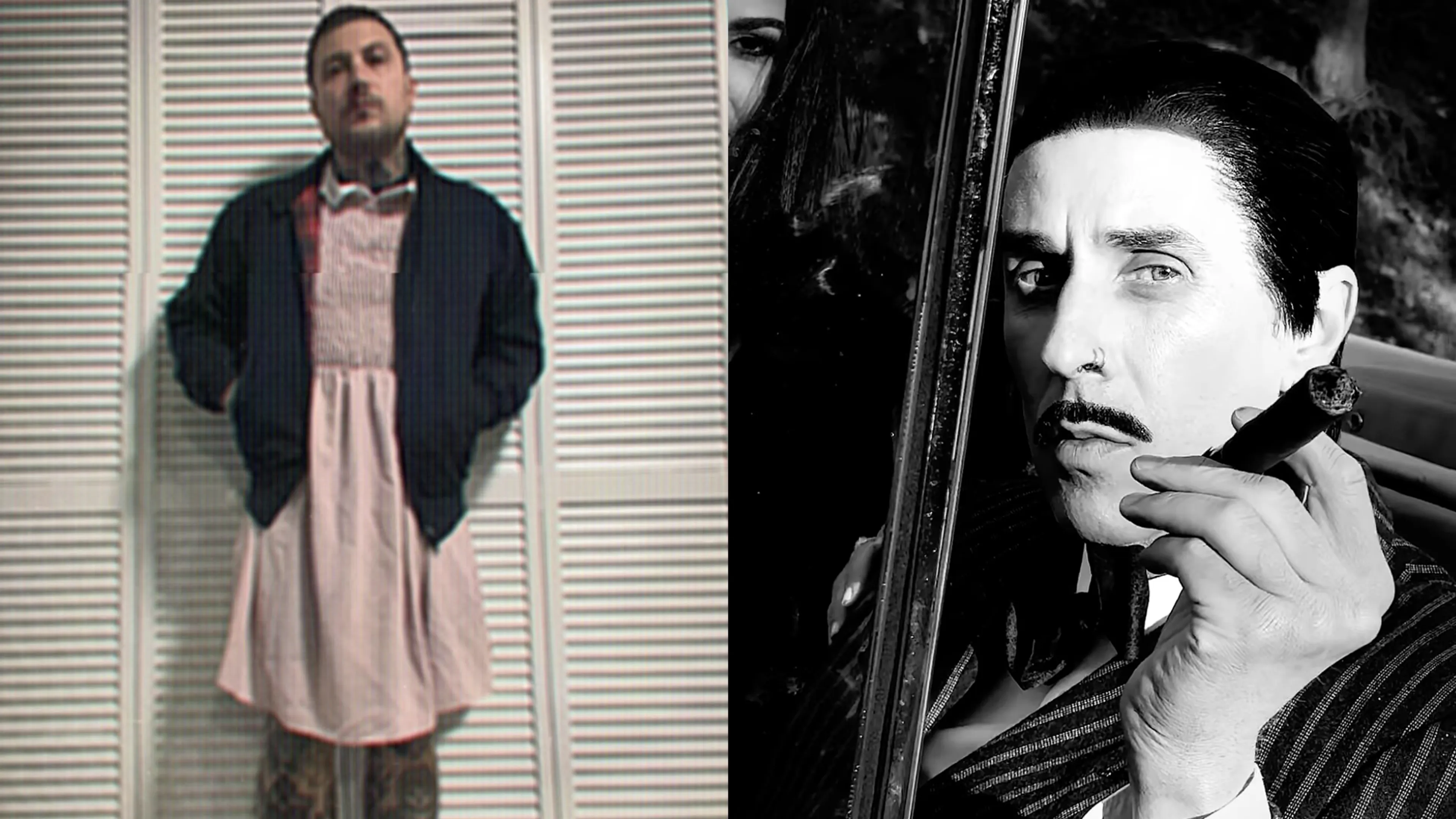Going back to the start of your solo chapter, you went into debut album stomachaches with the mindset of, ‘I’m doing this record for me.’ Now, what – or who – is your solo music for?
“Well, it’s funny… I would say up until 2020 then that holds true! I can’t, I guess, pander to anybody else – that’s a cardinal rule, and once you start doing that you’re already dead in the water. But now, because of 2020, a lot of opportunities have come in to write for other people, and that was something that I never really thought about doing before, but life has dictated what projects have come in. And I’ve found it to be a pretty intriguing and fulfilling undertaking. If nothing else it’s an exercise in how to write songs and music, and how to make people feel a certain way. With a project that just came in, they gave me an idea of, ‘This is the type of song that we want, and this is what we would like you to convey. Can you write a song like that? Oh, and by the way, you have three days!’ And it’s like, ‘Oh shit, okay!’ So you figure out how to do that: to write a song in a restricted amount of time that checks all these boxes. And hey, if it works out then they could want it and use it for something, but if not, whatever, it’s a song that I wrote. But I love the challenge of it. And that’s something that I’ll give myself, too: I’ll say to myself when I go downstairs to the studio, ‘Today I’m gonna write a song, and it’s going to have these four chords somewhere, and it’s going to sound like this.’ And then I try to attempt to do that. Sometimes those challenges that I set up for myself work, and sometimes they don’t, but somehow, some way, it gets me to something else. And I love that! I love the process: it’s frustrating as hell and it doesn’t always love you back, but it’s something that I’ve always done, and continue to love to do.”
Has writing for other people taught you anything that you will take with you into future material?
“Yeah, I think so. Different chord changes evoke different emotions, and I love playing with people that are from different backgrounds than I am, and even have different playing abilities. It makes your brain think in different ways. If you want to become a better basketball player, you should play with people that are better than you, or different from you. With anything that you want to get better at, you have to work those muscles and you have to train, and that kinda stuff throws a curveball and it makes it fun – sometimes you forget that you’re even doing work!”
Is The Future Violents/Violence era done now, or will there be more to come?
“Well, I think historically with the things that I’ve done and the trajectory of how it’s gone this does mark the end of it. But, like I said, the whole point of Barriers was to break down all those rules, and to do things that you’ve never done before! So… I don’t know (laughs). I think that if it is the end, it’s the perfect end. And I think if it’s not, then I’m very excited to play with those people again, because I think they’re fantastic musicians and even better human beings. Honestly, there was never an un-fun moment being in that band! I’ve loved touring with them, I’ve loved being around them, and we still text, I would say, 85 times a day (laughs) – just dumb stuff back and forth. We’re just really good friends, and I love every one of those people.”
Heaven Is A Place, This Is A Place is out now via UNFD – listen to it below:
